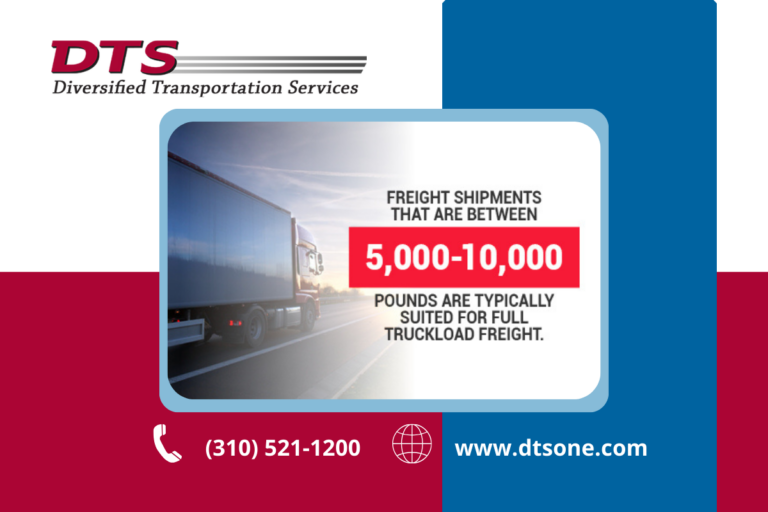When there is enough freight or cargo to fill an entire trailer, full truckload (FTL) shipping is required for the shipper, freight shipments that are between 5,000 and 10,000 pounds are typically suited for full truckload freight. This means that oversized freight and overweight freight might need other specific freight logistics.
What determines full truckload (FTL) shipping rates?
Full truckload shipping rates are dependent on several variables, including:
- Mileage
- Truck lane availability
- Seasonality
- Lead time
- Fuel costs
- Type of trailer needed
Reasons full truckload freight rates fluctuate
While all of these things are true and ever-changing, other things might cause the spot freight market to change prices too. Several factors go into truckload shipping costs, and some things make the rates fluctuate too.
- Region: Where you're planning on shipping your freight and where you're coming from is crucial to understanding why your truckload shipping rates change from load to load. Different lanes have different per-mile cases on factors like fuel prices, truck type, and tolls along key highways. These factors directly influence the shipping rate.
- Supply and demand: The region you're shipping in and the demand are closely related. For example, if you're in Florida and you need to ship a dry van to Atlanta in January, it might cost around $400. If you wanted to make that same shipment in July, it might cost you $1,000. This is because the peak season for oranges is in July in Florida, which affects the cost of shipping.
- Natural disasters: In the event of a natural disaster or inclement weather, truckload shipping rates go up. Winter storms, floods, hurricanes, and other natural disasters cause an upheaval in the trucking industry. Trucks get immobilized by bad weather, and freight companies find themselves with capacity problems.
- Capacity problems: Speaking of capacity problems, these can change your truckload shipping rates too. If something is causing a freight company to hold back on their fleet size, the shipping costs will rise. This can be due to things like bad weather, demand, or a fluctuating economy.
Trucking transported roughly 15 billion tons of cargo in 2013 alone. The Bureau of Labor Statistics reports that by 2040, that number is expected to increase to 18.79 billion tons. The shipping rates for all that cargo are unpredictable due to the ever-changing market.
